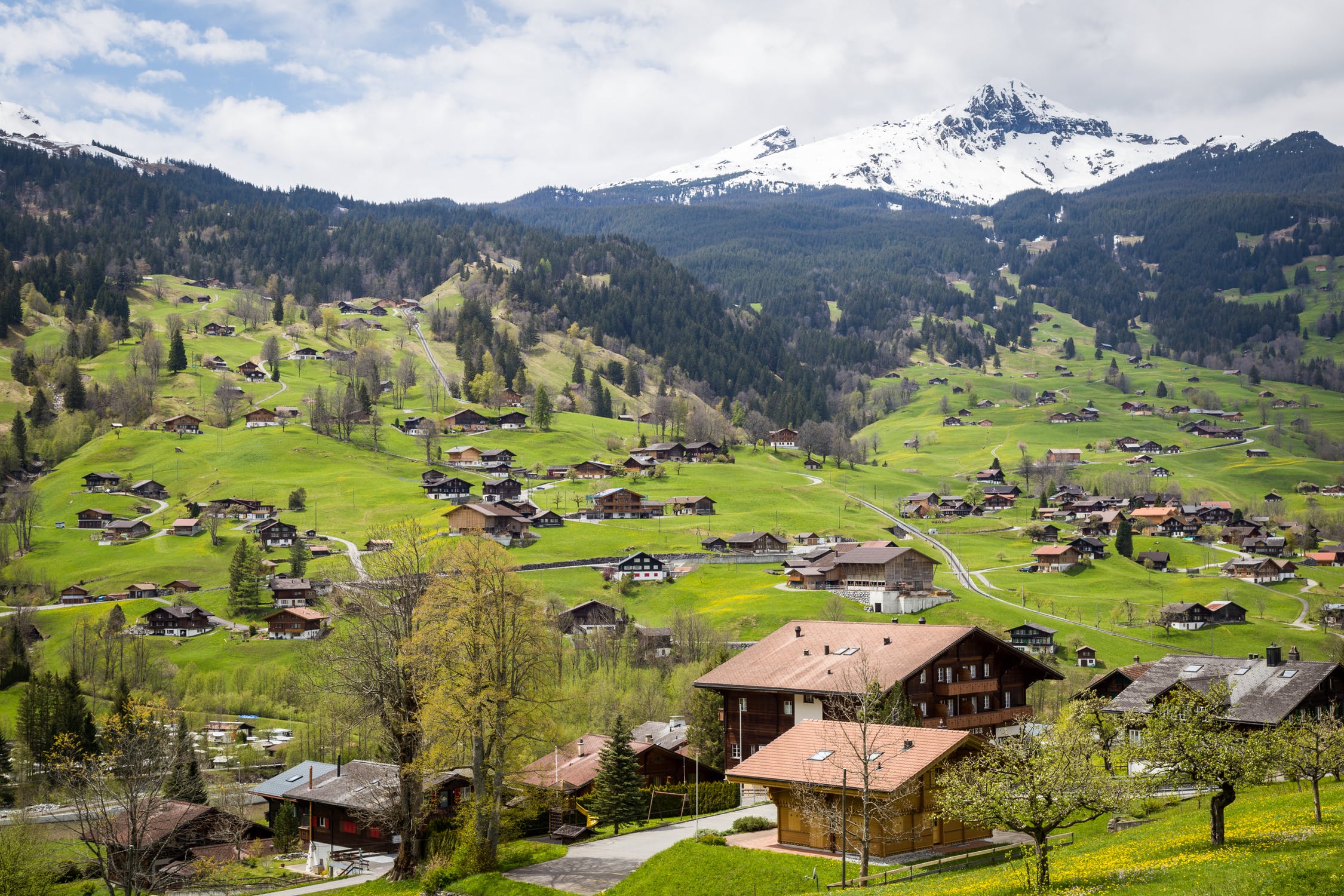Once again, I propose to turn the spotlight on Switzerland. The country is undergoing regulatory change. The Swiss market is governed by the LApEl, the electricity supply law, the current version of which dates from 2007. A new version is planned in the wake of the vote in favor of the 2050 strategy, a frame Switzerland has set for guiding its energy transition.
The current project generates debates and passionate reactions. Why ? Are they legitimate and understandable? What do they translate?
The project includes several provisions aimed at changing the market: among them, the complete liberalization of the market gives rise to many oppositions.
The Swiss energy market is highly fragmented: it is built around regional or even municipal actors. Over the years, these actors have developed close relationships with the inhabitants of the areas they serve. I am certain of the long-term potential benefit that this represents and remain questioning as to the real value of opening up the market in such a country.
Opening or proximity? What should you prioritize? The question does not arise in countries where most historical actors are national or even dominant, but it is legitimate in fragmented markets for energy providers with fewer than 500,000 customers or whose territory corresponds to a single urban area.
But what have the Swiss energy companies done recently, to speak only of them, to show that this proximity was an advantage? to develop it and make it a decisive advantage for municipalities and citizens? What have they done more than European energy companies, already affected by the liberalization of their market and the unbundling of their activities?
Some notable initiatives have been made in energy efficiency, such as the ECO21 program in Geneva.
In terms of customer relationship management, Romande Energie, EBM and EKZ have created a national service company that responds on their behalf to their customers: it is an important and pioneering initiative, still isolated in a country where the customer relationship remains the reserve domain of each operator.
In terms of economic efficiency, some energy companies have been consolidating their purchases for a few years. But, on the other hand, the fragmentation of the market prohibits, in many areas, scale effects favorable to greater efficiency.
But, in terms of digitalization, most energy companies have made progress in digitizing their customer relations, but the digitization of energy systems remains behind. The necessary investments are out of reach of the small energy companies and the biggest ones remain cautious on the question. The few associations of DSOs are struggling to take over the issue to stimulate real progress in this area.
A strong cooperation between the network manager and the suppliers can, for example, favor a greater fluidity of the transition of the thermal solutions offered to the consumers. It can also lead to communicating meter specifications allowing the development of more consumer services; more expensive, they are never studied in case of unbundling. None of the tracks above have led to emblematic achievements in Switzerland.
The penetration of renewable energies remains limited: few energy companies accompany this development other than in a superficial way.
The area on which the proximity could have given rise to pioneering solutions is that of the Smart City. There is every reason to be disappointed by the contribution of Swiss energy companies.
It should be noted that the close management of supplier networks and the non-openness of the market, though enlightened by current European experiences, have not given rise to particular reactions or actions.
By observing the situation from the point of view of the legislator, the Swiss energy, electricity and gas systems, as a matter of priority, are interfaced with those of neighboring countries: they cannot evolve completely independently. The slow pace of evolution of Swiss energy companies can be seen as a threat in the medium term.
Therefore, the new LApEl may not be considered from a purely technical point of view, but as a way to revitalize a market, to put actors in motion, to provoke reactions and adaptations to current trends. Faced with this objective, the arguments put forward by the energy companies to oppose the new LApEl, rarely seriously argued, may appear as an ultimate fight to perpetuate a quasi-secular rent. They are unlikely to touch the legislator’s heart.
Click here to read other articles of the same author.



Leave your comments
Post comment as a guest